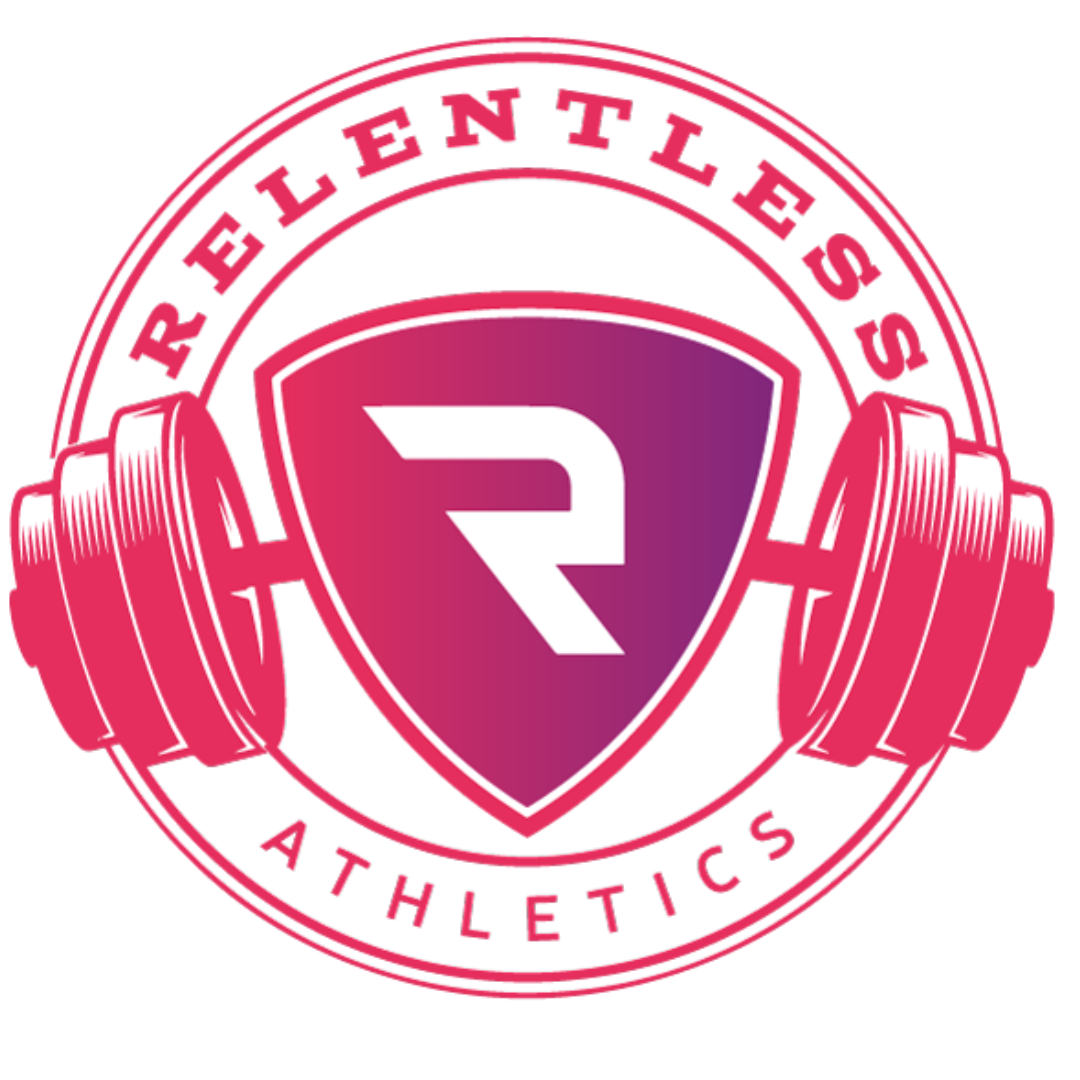Long Term Athletic Development 101
Long-Term Athletic Development 101
Emily R Pappas, M.S.
Athletes hear it all the time: No pain, no gain. And to that infamous motto many of us work ourselves to the ground, day in and day out. We feel the need to be in game mode constantly—all year long.
But this sort of mentality is actually doing you far more harm than good, especially when it comes to long-term athletic development and success.
Give Yourself a Break!!!
Athletes who play sports year-round are doing their bodies and minds a disservice. They’re also likely not progressing as quickly as they should. Here’s why:
(1) It puts unneeded stress on your body.
Playing 12 months out of the year is exhausting, both physically and mentally. Breaks are absolutely necessary if you want to stay strong and healthy.
(2) It lacks in variety of movement.
Doing the same drills and movements, and even working in the same mental zone can actually just make you lazy! It’s hard to develop and grow when you don’t challenge your body in different ways.
(3) It prevents you from establishing and improving upon foundational skills.
If you’re constantly playing or preparing for competition, when do you have time to work on your weaknesses? Working to improve the most foundational of movements is essential to consistency, strength, and overall development. Want to jump higher or be faster out of the goalie cage? Before you even start with footwork or agility drills, you’ll need to know how to properly squat and hinge using a stable spine. These are the basic movement patterns from which more sport-specific skills can be developed.
(4) It prevents you from developing new skills.
To the previous point, if you can’t keep up with foundational movements, there’s no way you can develop nuanced and vital sport-specific skills to make you a more powerful, well-rounded athlete. Remember, without strength, you can’t have power. You have to first focus on strength training to make sure your muscles are strong enough to absorb the high force and intricacies of more advanced, sport-specific skills. When you’re always playing your sport, this crucial step is lost.
(5) It may increase your chance of injury.
This comes with all the points mentioned above: too much stress, lack of variety, and no time or effort put into polishing foundational skills and developing new ones will put you at a much greater risk for injury—which, of course, will only set you back.
Skill Development is Key!
In fact, the majority of your time should not be spent in game, but rather in skill development. The skill of movement must first be established then given time to be fine-tuned into more specific skills.
Know that movement itself is a skill, and skill development runs on a hierarchy. Foundational movement patterns of squatting, hinging, pressing, pulling and stabilizing are the bases for skills such as jumping, shooting, kicking and changing direction. Work on these basics first, master them, and then you can develop specific skills for your game.
Earn the right to master your sport skills, and build the foundation that will allow you to be on top of your game for the long-term!


